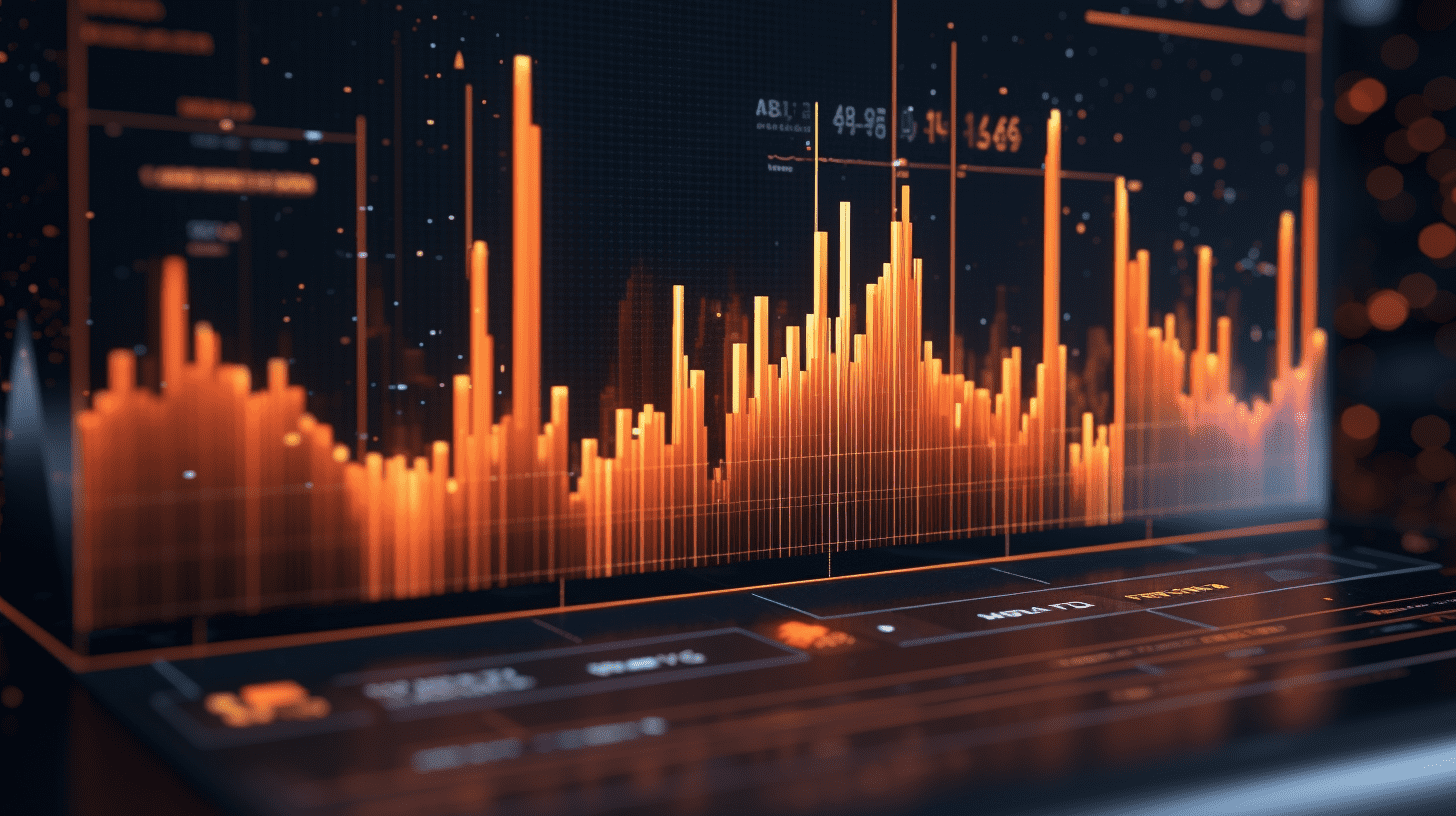
Economists warn of inflationary pressures: Tariffs may drive up prices in the summer.
Economists have said that the tariff measures taken by President Trump of the United States and the resulting trade war will higher consumer prices this summer. Chief economist Mark Zandi of Moody's said, "I would guess by May, or June, July, the inflation data is going to look pretty ugly."
Tariffs are import taxes paid by American businesses. Economists say that importers will at least pass some of the higher costs onto consumers. While economists debate whether tariffs will have a one-time or more lasting impact, the impact on consumers' wallets is undeniable. According to an analysis of the tariff policy announced on Wednesday by the Yale Budget Lab, consumers will lose purchasing power of $4,400 in the "short term" (the analysis did not specify a time frame).
Economists have said that the latest U.S. inflation data has not yet shown the impact of tariffs. Mark Zandi said in fact, the specter of a global trade war may have had a "positive" impact on March inflation in a "somewhat ironic" way. He pointed out that oil prices have fallen due to concerns about a global economic slowdown and the resulting decrease in demand for oil.
Preston Caldwell, Chief U.S. Analyst at Morningstar, also said, "I think it takes a while for the inflation impact to filter through the economy. Initially, inflation data may look better than ultimately it would."
Macroeconomic economist Thomas Ryan of IHS Markit believes that if Trump continues his tariff policy, consumers will start to see significantly higher prices by May. He said that price increases take time to filter through supply chains (starting from producers, then to retailers/wholesalers, and finally to consumers). IHS Markit forecasts that the U.S. CPI year-on-year increase will peak at around 4% in 2025, roughly double the Fed's target.
Mark Zandi said that food is likely to be one of the first categories to see price increases. He pointed out that because many food items perish quickly, grocery stores cannot store inventory for long. This speeds up the transmission of cost increases to consumers. In contrast, other retailers can sell old inventory not subject to tariffs, which delays the time consumers feel the price increase. He said that by Memorial Day (the last Monday of May) in the U.S., most tangible goods such as cars, consumer electronics, clothing, and furniture, are expected to see price increases.
Thomas Ryan said that retailers and wholesalers "will not all increase prices at once." He said they are more likely to gradually raise prices over time to mitigate consumer backlash, and consumer prices "will more accurately reflect the actual impact of tariffs in May and beyond."
Thomas Ryan added that some companies may choose to raise prices in advance to deal with higher costs in the future, as a strategy to "beat" the impact of tariffs. However, Preston Caldwell pointed out that this is a gamble for companies, "any company that takes the risk of raising prices first may face political backlash, I think companies will act quite slowly at first."
Furthermore, economists say that there is still a high level of uncertainty regarding the final scope of Trump's tariff policy. Trump has also imposed product-specific tariffs on aluminum, steel, automobiles, and auto parts.
Mark Zandi said that if other countries retaliate with trade measures or if foreign demand decreases, prices for service goods such as tourism and entertainment could also fall. There have been some signs of this in March. Hotel and airfare prices saw a "marked" decline in the March CPI, partly reflecting a recent decrease in the number of visitors to the U.S., especially from Canada.
Nomura: J&T EXPRESS-W(01519) sees positive growth in parcel volume in the first quarter, maintaining target price of 7.3 HKD.
HK Stock Market Move | POP MART (09992) rose nearly 5%, indicating strong economic prosperity. Morgan Stanley believes that the company has the ability to increase prices in the US market.
RECOMMEND
©️2013 - 2025 GMT EIGHT Holdings. All Rights Reserved.
Contact: [email protected]


